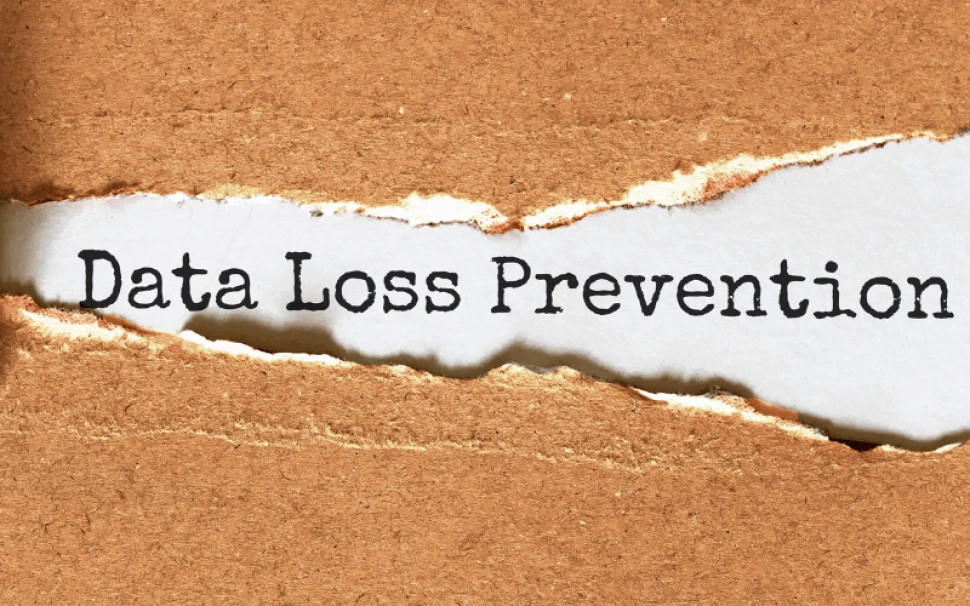
Protecting sensitive information and data resonates in every company. And no wonder. Data leakage is not only related to loss of money, but also loss of credibility with clients, which can lead to fewer orders. DLP systems not only provide the necessary data protection, but they can also monitor the efficiency of employees' work. Find out what role DLP systems play in this.
First, let's define what DLP means. Data Loss Prevention is a set of systems and processes that enable companies to protect sensitive data and prevent its leakage or misuse. Thus, DLP systems mainly address data loss caused by human error.
→ Tip: Learn why not to underestimate cybersecurity.
It can happen that an employee accidentally or even intentionally makes sensitive data available to the wrong people, for example by sending an email to the wrong address, etc. This puts your company in a situation where it may not only face data leakage, but also fines resulting from GDPR or NDA violations, customer distrust and defection to competitors, and other inconveniences.
→ Tip: Find out why backing up your data to the cloud is important for every business.
DLP systems then protect data from misuse. An example might be a situation where an employee decides to reply to an email requesting a file with sensitive data. However, the employee does not verify the email address from which the request came, and so he or she wants to send the file to that address. Fortunately, if a data file is listed as "sensitive data" in the DLP system, it cannot be copied or pasted as email attachments (or even printed). Thus, the sensitive data will not be sent.
However, DLP systems are not only for data protection.
With DLP systems, you can achieve not only data protection but also increased efficiency in your business. There are basically two basic types of DLP systems: network DLP and endpoint DLP. An endpoint DLP solution differs from network DLP in that it is installed on the computers of the end users, i.e. employees, where it monitors their behaviour.
This allows team leaders to monitor how employees are handling company data, but also to monitor their other activities and productivity levels. DLP technology thus has a dual role - it serves as a tool for data loss prevention and as a tool for monitoring employee activities during working hours.
The monitored employees are then less likely to mishandle company data and spend more time on tasks. If employees do mishandle data or the system identifies reduced productivity, the DLP system can alert the system administrator or the users themselves. Therefore, the employer does not have to worry about data leakage by employees and can be more confident that they will be more focused on their work.
DLP systems can increase employee efficiency in several ways:
→ Tip: You too can get rid of unnecessary paperwork - leave the compliance checking to a cybersecurity manager. We will also take over communication with the authorities and, in the case of a properly set-up cooperation, take responsibility for compliance with the legislation.
In particular, DLP systems increase the productivity of employees by giving their manager an overview of their activities during working hours - knowing whether they are doing their homework or surfing the internet. However, don't forget about the other role of DLP systems - data protection. So take that extra step and secure your data by storing it in the cloud. Contact us, we'll be happy to help you with everything.




Copyright © 2026 - Algotech a.s., all rights reserved
| Personal data processing |
Terms and conditions